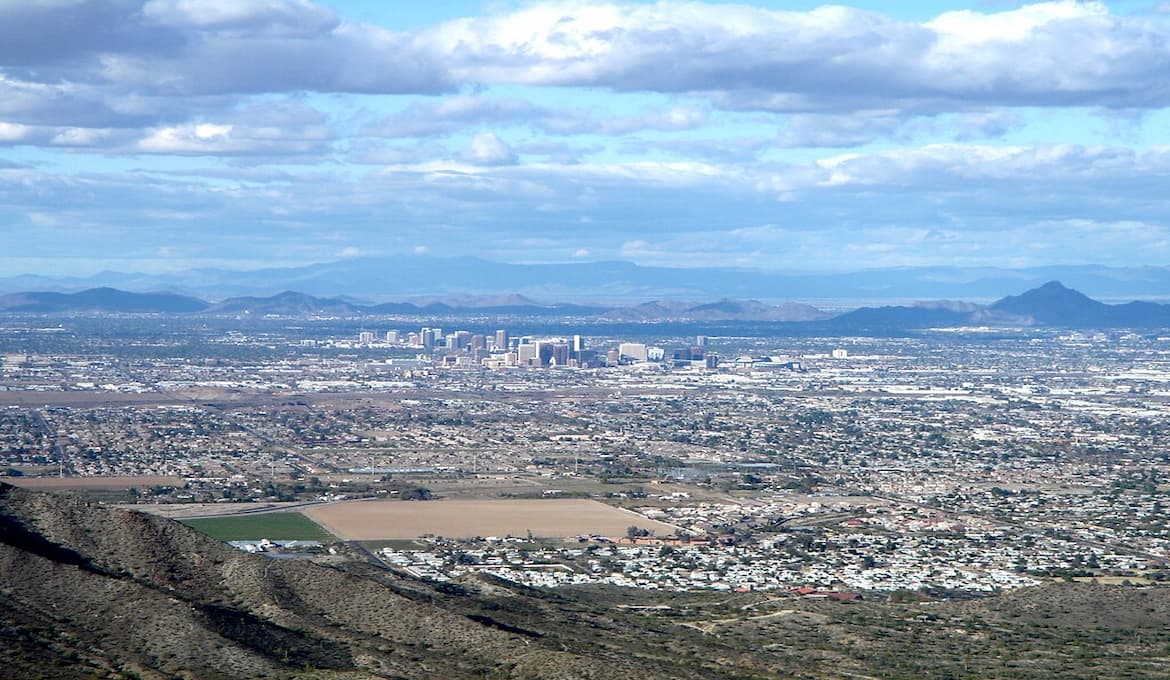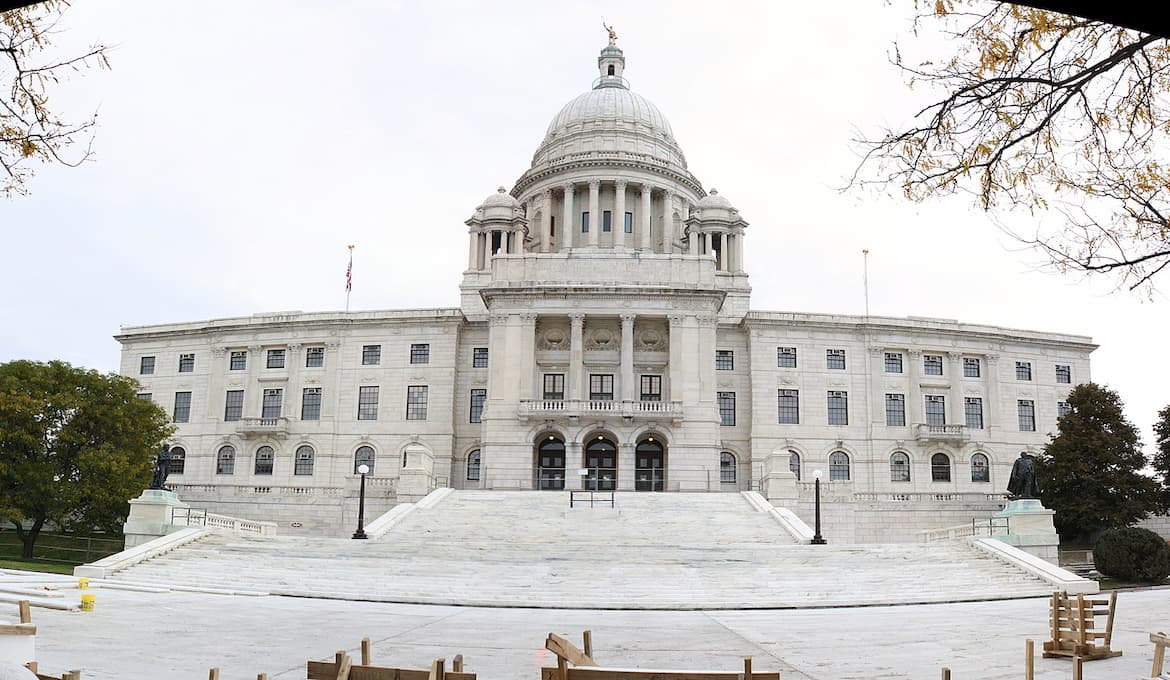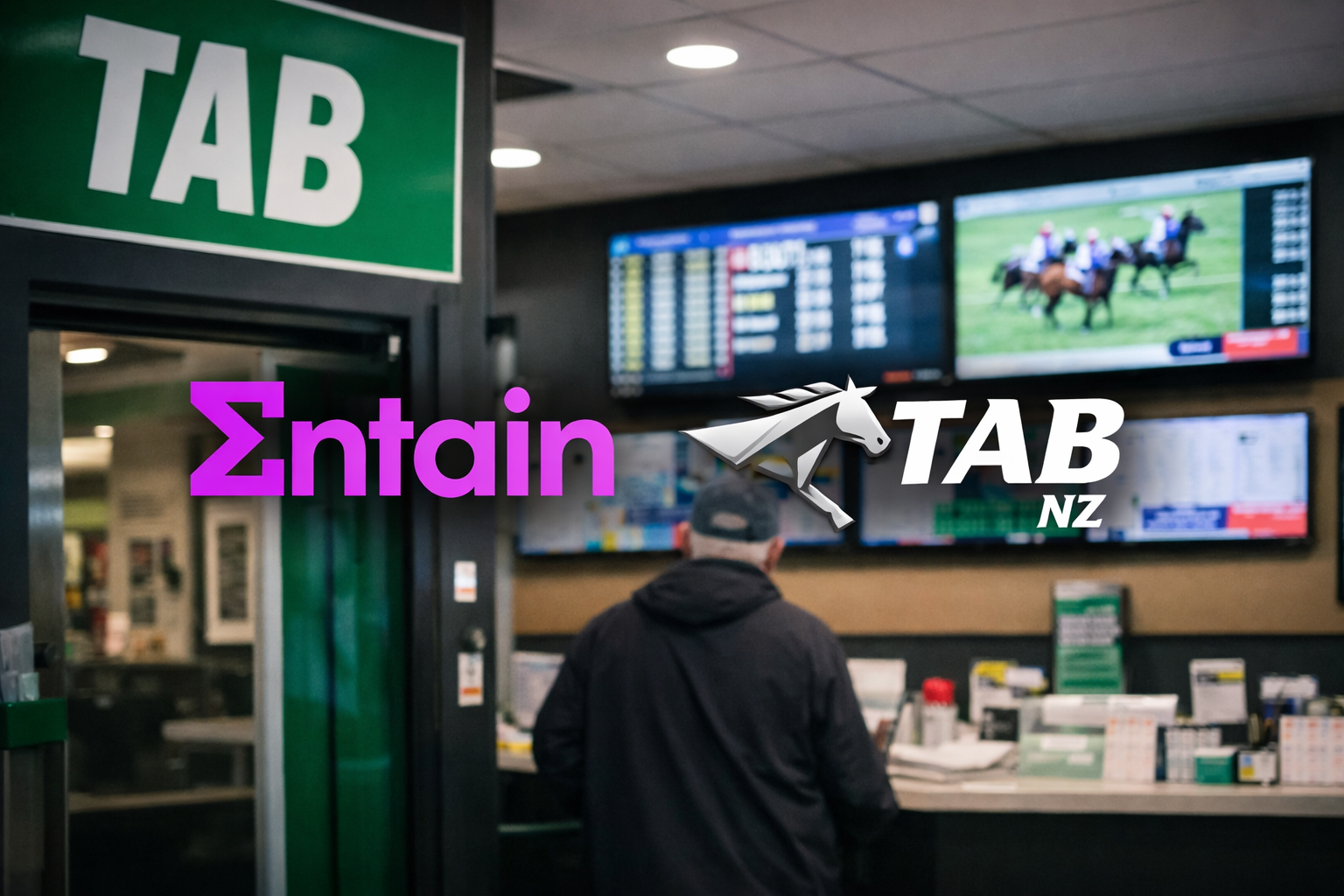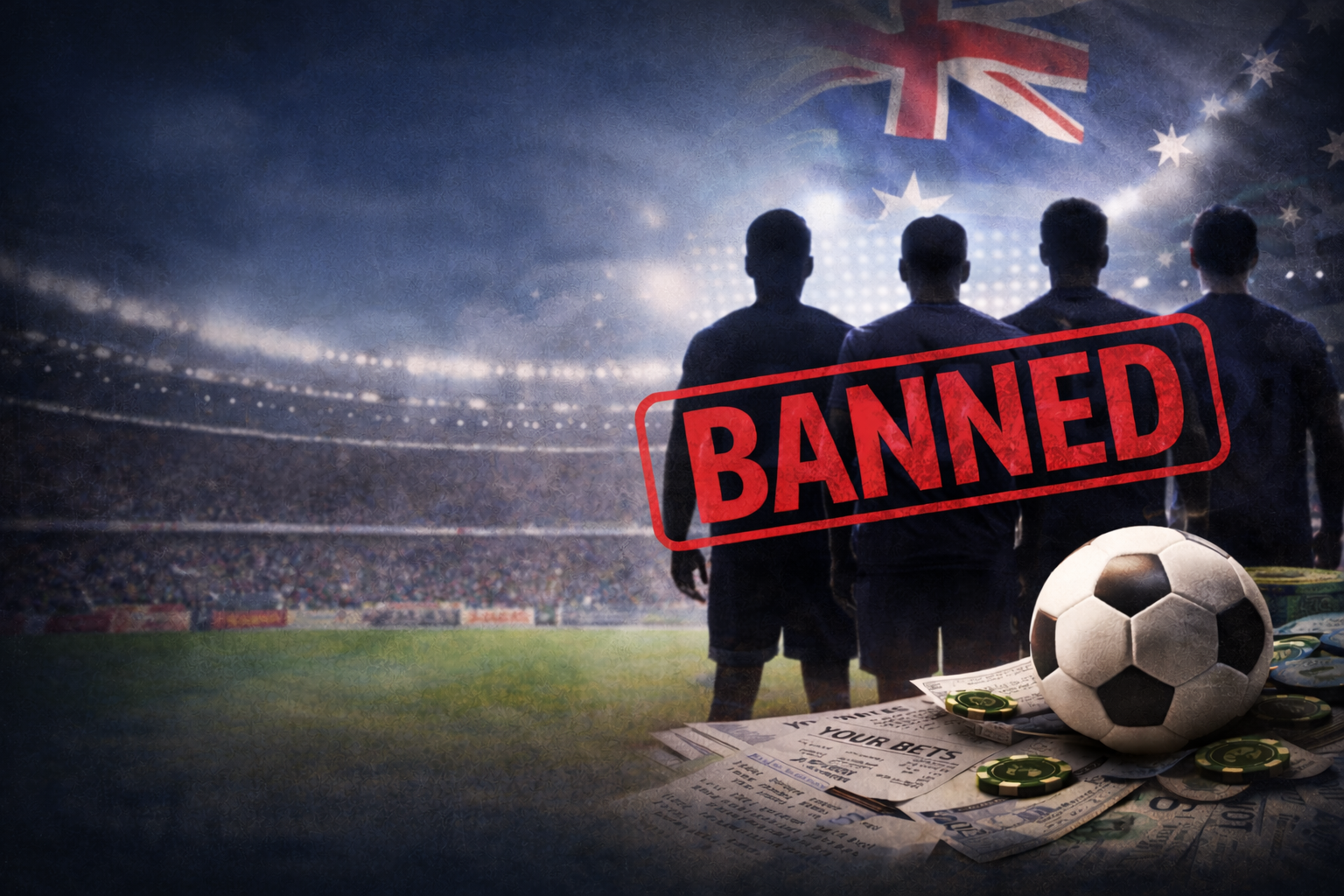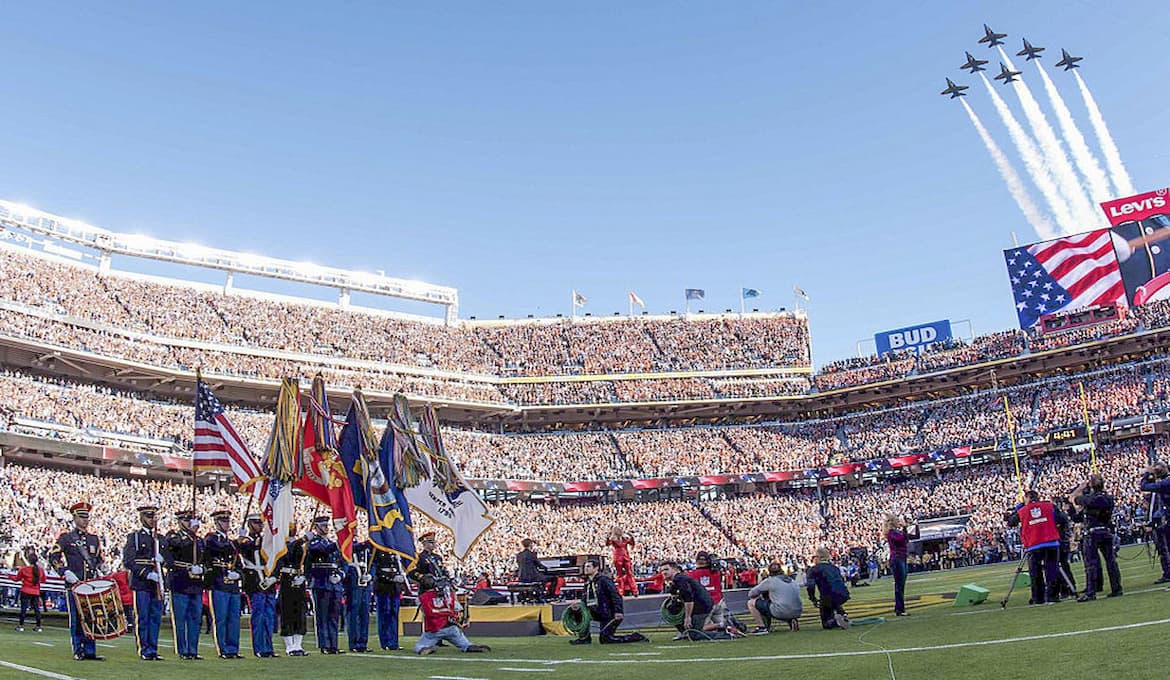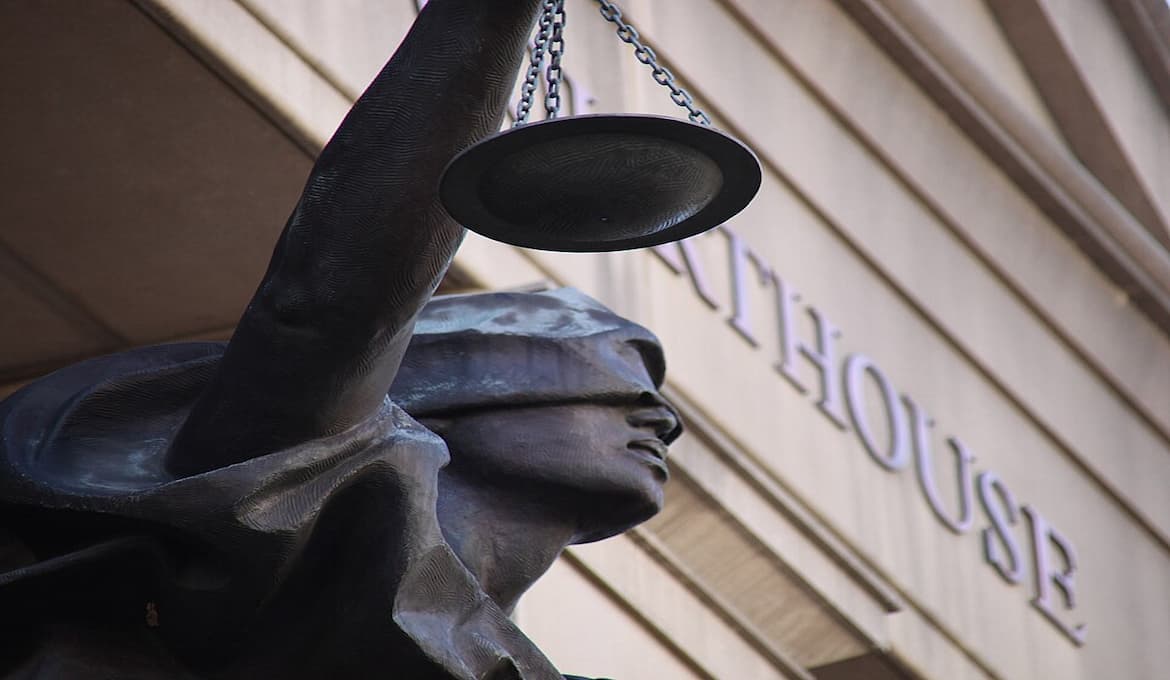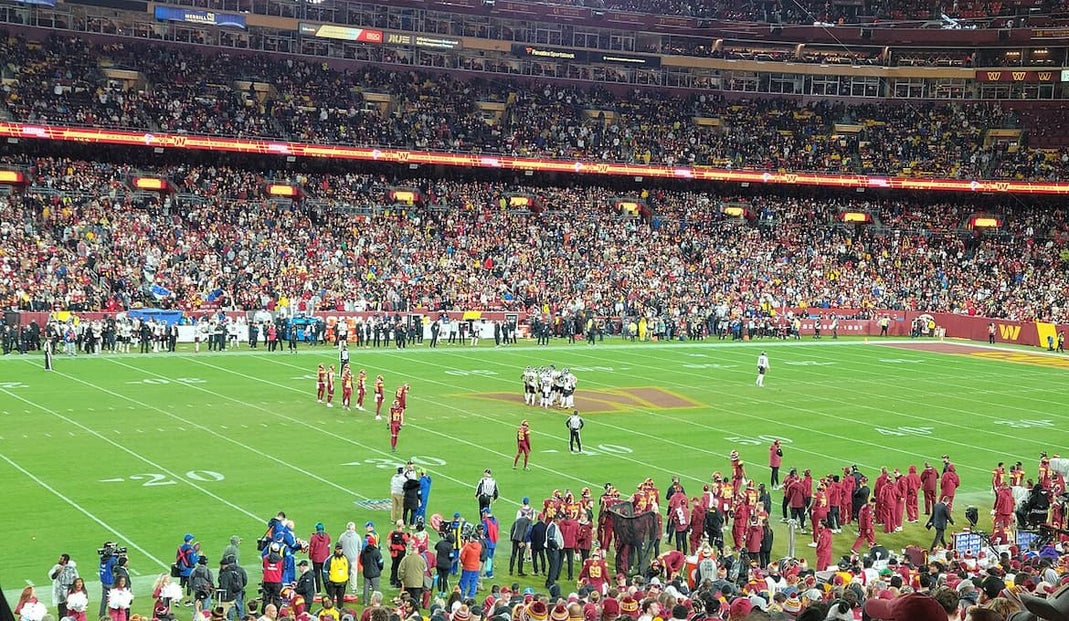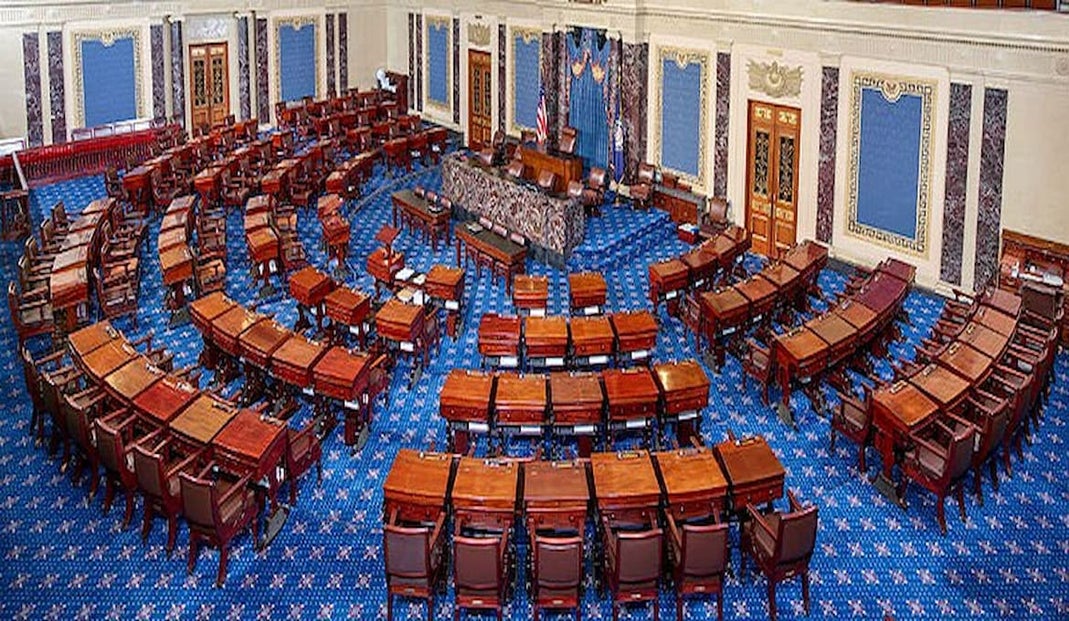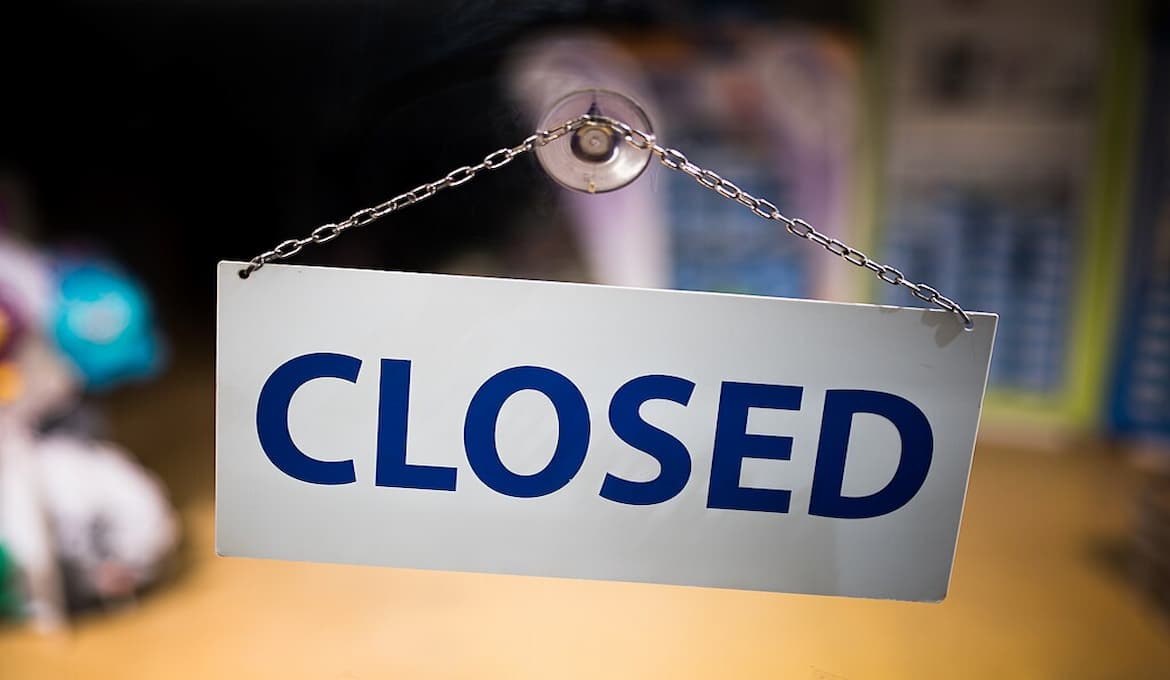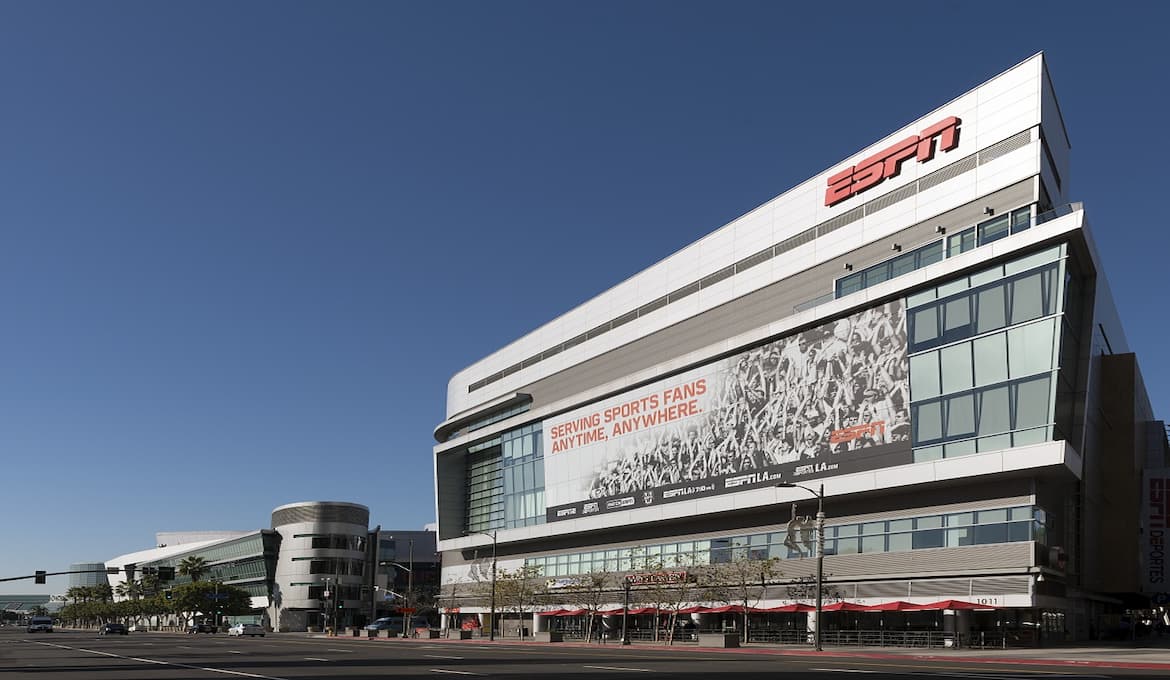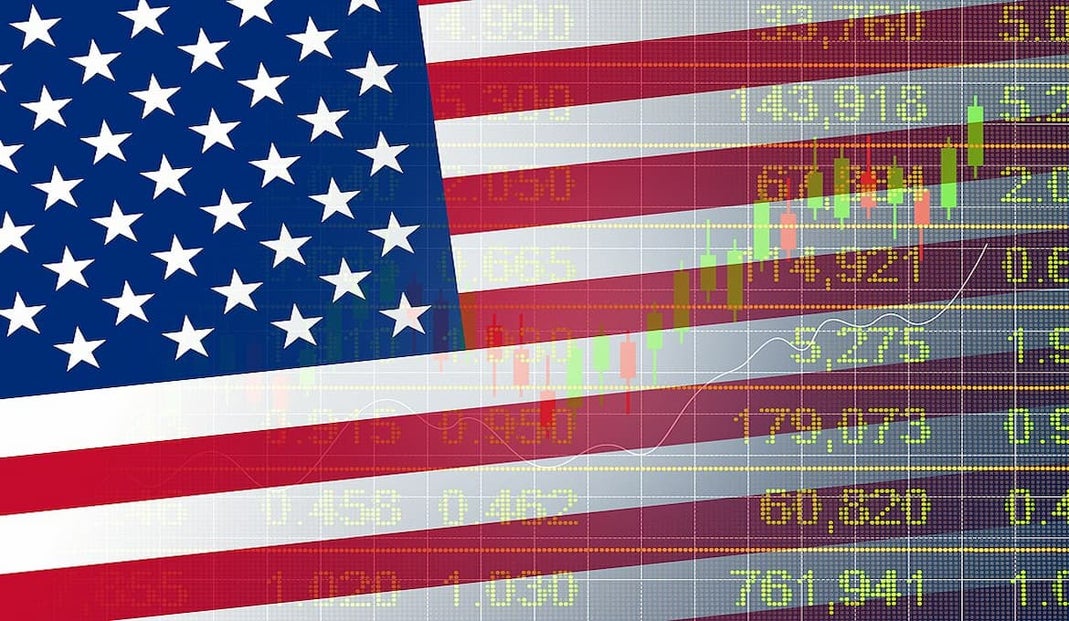Arizona Follows Lead of Ohio, Nevada
Arizona is the third state to send an official warning to operators over the controversial new industry.
Regulators from Ohio and Nevada have already shared similar messages with operators in their markets. That is bad news for sportsbooks like FanDuel, which recently confirmed they would offer prediction markets, though not for sports. With regulators from three states already promising to pull sports betting licenses, the operator may soon be forced to choose between the two industries.
Underdog Faces Critical Decision
Underdog has dominated the DFS world and operates an online sportsbook in North Carolina, with plans to expand to Missouri soon. The operator also partnered with Crypto.com to enter the event contract industry, offering sports prediction markets in over a dozen states.
While Underdog doesn’t offer event contracts in Arizona, the ADG confirmed that doesn’t mean they will avoid penalties. This was a sign of unity with other states that have regulated sports betting and are desperately fighting to protect the tax revenue the industry generates.
While Underdog’s sports betting presence is minimal, losing its DFS license would be a massive loss. However, we have seen states like California begin to crack down on the fantasy sports industry, passing bans and limiting game offerings. That will make the decision over event contracts more difficult, giving them more reason to abandon DFS for sports prediction markets.
How Will Sportsbooks Respond?
While Underdog will have an important decision to make, sportsbooks will have far more at stake. The top operators have generated massive revenue as sports betting continues to expand across the US. While states have been raising taxes on sportsbooks, operators have passed those on to the customers, resulting in minimal damage to their profits.
The federal government is currently protecting the prediction market industry, but lawsuits and investigations continue to mount. The vast majority of states have opposed the industry’s legal status, which qualifies it as trading instead of gambling. That pressure continues to build, leading some to wonder if the industry’s influential supporters will reverse course.
With Arizona, Ohio, and Nevada issuing similar warnings, sportsbooks may soon need to choose which industry they want to move forward with.


